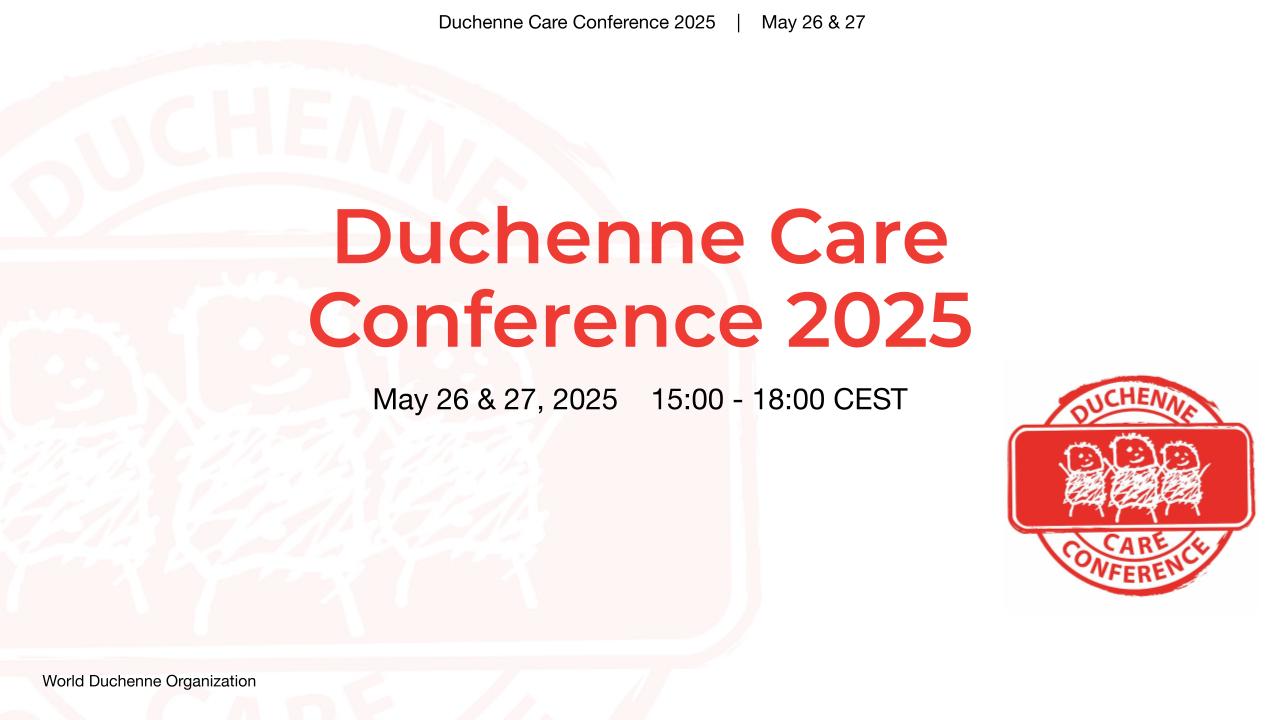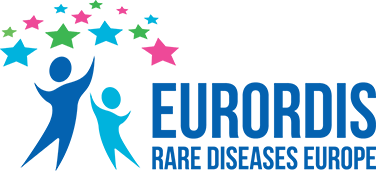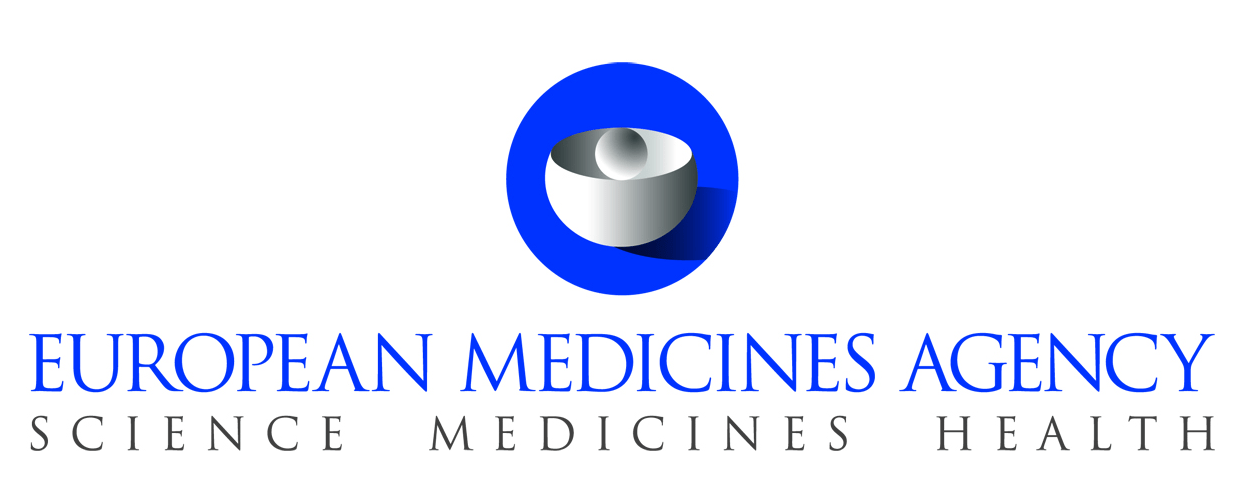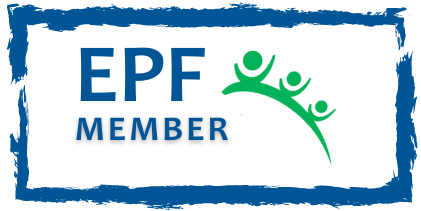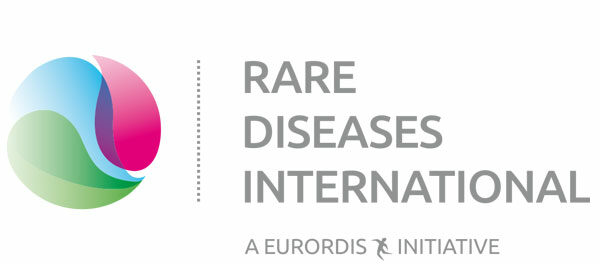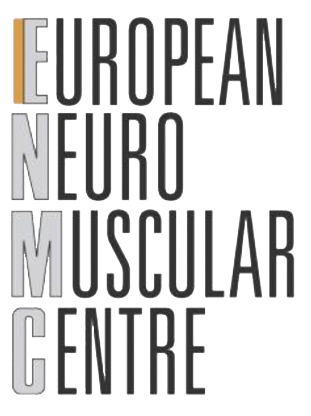Duchenne Care Conference 2025 highlights advances in clinical management of DMD and BMD
The Duchenne Care Conference 2025, organized by the World Duchenne Organization, took place virtually on May 26–27, 2025. It gathered close to 600 participants from 65 countries. This annual conference focused on the latest advancements in the care and treatment of Duchenne muscular dystrophy (DMD) and Becker muscular dystrophy (BMD). Attendees included healthcare professionals, clinical researchers, and patient organization representatives.
Duchenne Care Conference 2025
The conference was designed and moderated under the guidance of the World Duchenne Organization Board. It receives input from the Advisory Board of the Accredited Duchenne Centers Program. This ensures a focus on clinically relevant, evidence-based practices and emerging therapeutic approaches.
Program overview and key themes
The two-day scientific program covered a wide range of topics. It emphasized both clinical care and developments in DMD/BMD management. Importantly, each session included a live Q&A, allowing for dialogue between speakers and attendees.
Day 1: Clinical Updates and Regional Perspectives
- Prof. Annemieke Aartsma-Rus (NL) opened with a session on communication in science. She highlighted the importance of interpreting trial data in real-world care.
- Subsequently, she offered a scientific overview of Givinostat, an HDAC inhibitor approved as treatment for DMD in the US, UK and recently in the EU.
- Dr. David Weber (USA) addressed adrenal insufficiency risks with Vamorolone, a newer corticosteroid alternative.
- In addition, Prof. Karim Wahbi (FR) presented data on predictors of cardiac disease in DMD. He emphasized early identification using imaging and biomarkers.
- Prof. Luca Bello (IT) provided practical strategies for managing Becker muscular dystrophy. He focused on personalized therapeutic approaches.
- Sessions by Prof. Derek Willis (UK) and Dr. Rasha El Sherif (EG) focused on palliative care integration and regional challenges in providing care according to the standards, respectively.
- The day concluded with Dr. Murat Türk (NL) presenting evidence on sleep disorders in DMD and their implications for pulmonary and cognitive health.
Day 2: Transition, Endocrinology, and Emerging Therapies
- Dr. Karolína Podolská (CZ) opened Day 2 with insights on the role of patient organizations in driving systemic improvements in care, such as the Accredited Duchenne Centers Program.
- Prof. Ros Quinlivan (UK) discussed the recently developed guidelines for the transition of adolescents with DMD into adult services, underlining the need for coordinated care models.
- Endocrinology-focused presentations followed:
- Dr. Claire Wood (UK) reviewed current guidance on pubertal induction in patients with delayed onset.
- Dr. Nora Renthal (USA) explored the complex and often overlooked topic of sexuality and fertility in DMD.
- Prof. Imelda de Groot (NL) presented on the indications for orthopedic foot surgery in relation to not only long-term ambulation but also stable seating.
- One of the key highlights was Prof. Eugenio Mercuri’s (IT) session on gene therapy readiness, aimed at encouraging clinical teams in realistic expectations and careful clinical follow-up.
- James Jones (UK) shared practical methods for educating patients and families on navigating complex treatment landscapes and preparing for emergencies.
- The meeting closed with Elizabeth Vroom (NL) addressing orofacial health issues—an important but under-discussed area of care.
Participation and accessibility
The 2025 edition maintained a broad reach with live Spanish interpretation. Participants represented a diverse professional demographic:
- 50% were healthcare professionals across neurology, cardiology, pulmonology, rehabilitation, and allied health.
- 25% were patient organization leaders and advocates.
- The remainder included researchers and students.
Additionally, attendees were eligible for a certificate of attendance, and all sessions will remain accessible via the World Duchenne Organization’s digital archive.
Conclusion
The Duchenne Care Conference 2025 once again demonstrated its importance as a global platform for education, collaboration, and advocacy in DMD/BMD care. Every year new subjects are highlighted. Presentations provided actionable insights, from day-to-day management to long-term planning and research integration. The emphasis on interdisciplinary collaboration and international perspectives reinforced the urgent need for updated care standards and early access to innovations worldwide.
The next edition of the Duchenne Care Conference is scheduled to take place virtually on May 26 and 27, 2026. Attendees can once again expect a comprehensive program dedicated to advancing care in Duchenne and Becker muscular dystrophy.
All conference sessions are available for on-demand viewing in both English and Spanish.
For further details or access to the full session recordings, visit

